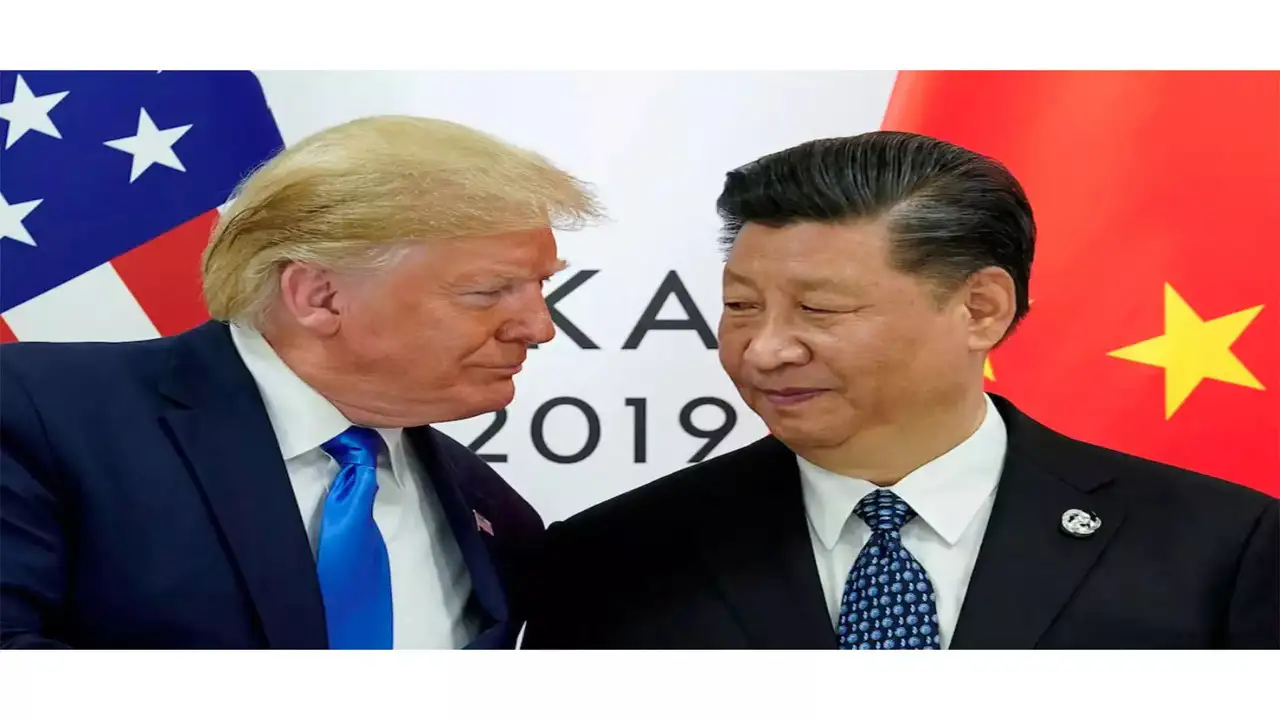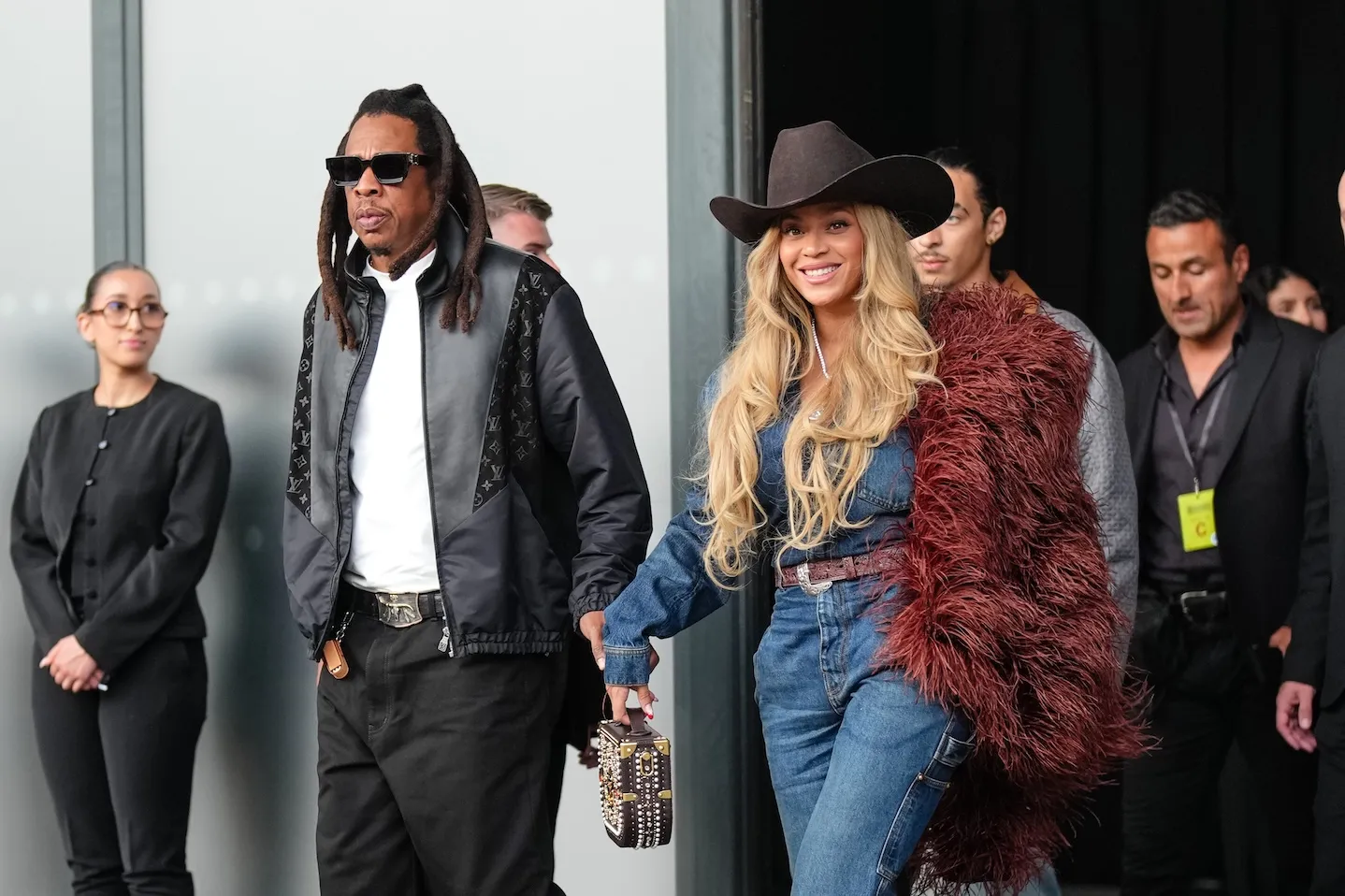By Reporters Without Borders
Copyright brecorder

EDITORIAL: In a recent joint statement, 11 leading economists — including Nobel laureates Joseph Stiglitz and Daron Acemoglu — have warned of the looming “collapse” of public interest media.
The statement, released through the Forum on Information and Democracy (a body established by Reporters Without Borders and the French government), has been widely viewed as a timely and significant intervention. It highlights the deepening crisis faced by independent journalism across the world, driven by falling revenues, widespread job losses, and the disruptive rise of generative AI.
While the concerns raised are both urgent and valid, the proposed remedy, particularly increased government involvement, raises difficult questions, especially in the context of struggling or aspiring democracies.
The economists rightly note that governments worldwide are enthusiastically pursuing the AI dream, placing great hope in its potential to drive future economic growth. “Yet,” the statement observes, “they are not investing sufficiently in a foundational resource that underpins our 21st-century economies — independent, verifiable information.” In an era of rampant misinformation and AI-generated synthetic content, the need for credible, public interest journalism has never been greater.
The market, however, has proven incapable of sustaining such journalism, especially local reporting and investigative work, which are costly and yield limited commercial returns. Nevertheless, the suggestion that governments should play a larger role in “investing in and shaping the media ecosystem” presents a paradox.
In mature democracies with robust checks and balances, limited public funding — ideally managed through independent, non-partisan bodies — can help preserve media pluralism and support journalism in the public interest. But in many countries with fragile or hybrid democracies, the relationship between the state and the media almost always is antagonistic.
Governments routinely use state advertising budgets and regulatory mechanisms to penalise media outlets critical of official narratives. In such environments, increased state involvement could further erode media independence rather than protect it.
The joint statement also calls for a “collective reappraisal” of the social and economic value of reliable information. This is undoubtedly necessary, but it must be accompanied by a sober recognition of the vulnerabilities within the media-government dynamic. Even established democracies are not immune. Recent events in the United States illustrate this point.
Popular TV host Jimmy Kimmel was briefly suspended under pressure from the Federal Communications Commission after making remarks about Republican reactions to the killing of conservative commentator Charlie Kirk. The suspension, widely criticised as a “blatant assault on freedom of speech,” was eventually reversed following public outcry and solidarity from other late-night show hosts.
Given these realities, a more viable long-term strategy for sustaining public interest journalism seems to lie in fostering philanthropic and civic funding models. Charitable foundations, public interest trusts, and crowdfunding platforms can play a vital role in supporting journalism that serves public good — without being beholden to either corporate or political interests.
Copyright Business Recorder, 2025



